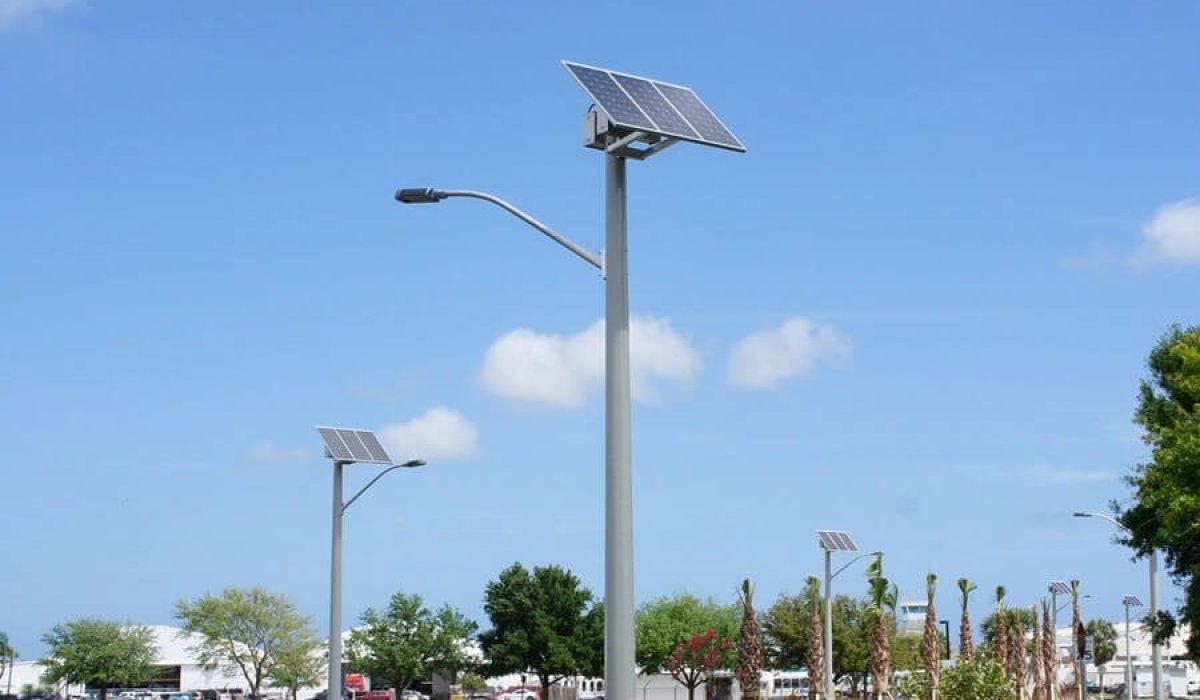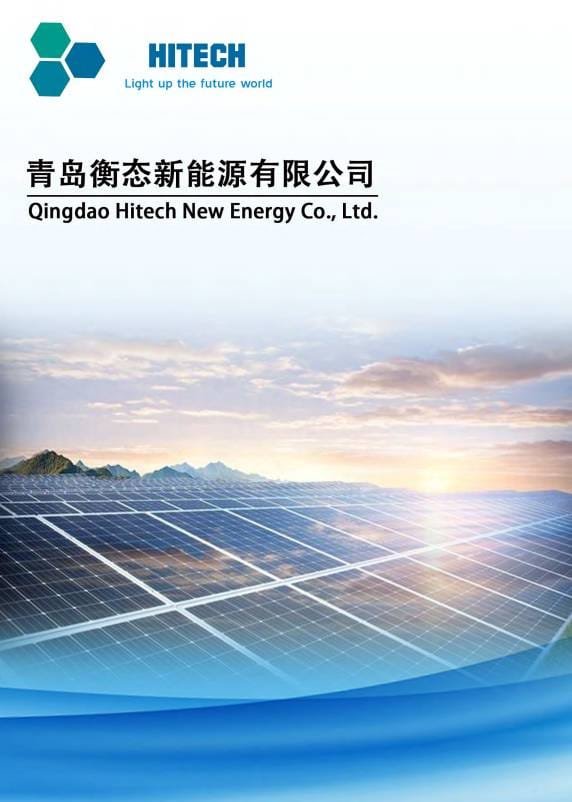Solar lights are a smart and eco-friendly solution, but buying the right one can feel daunting. The key is knowing what factors matter most.
When choosing solar lights, prioritize durability, battery quality, and light output to ensure you get the best performance and longevity.
Understanding these aspects can save you time, money, and frustration in the long run. Let’s dive into the most important considerations.
How do I pick the right solar lights for my needs?
Picking the perfect solar lights can feel overwhelming with so many options. But by focusing on your unique needs, the process becomes simpler.
To choose the right solar lights, consider your specific use case: street lighting, garden decoration, or security. Match the product's features to your requirements.
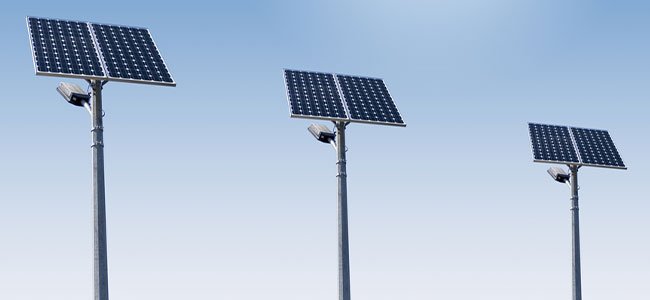
Matching Lights to Your Purpose
Solar lights come in many forms, each designed for a particular application. Here’s how to select the best one for your needs:
-
Street Lighting:
Look for high-lumen output, weather resistance (IP65+), and robust battery capacity. Lights with motion sensors and wide-angle coverage are excellent for safety. -
Garden Decoration:
Aesthetic solar lights with soft, warm light are ideal. Consider adjustable brightness and durable, waterproof designs for outdoor use. -
Home Security:
Choose solar lights with motion detection and powerful illumination to cover dark areas around your property.
Key Features to Look For
| Feature | Why It Matters |
|---|---|
| Motion Sensors | Enhances security and conserves battery life |
| Weather Resistance | Ensures durability in various conditions (e.g., rain, wind) |
| Adjustable Settings | Allows customization for different lighting needs |
By identifying your needs and focusing on these features, you can find solar lights that perform well and meet your expectations.
What is the best battery type for solar lights?
Battery quality determines how long your solar lights will last and perform. But not all batteries are equal.
Lithium-ion batteries are the best choice for solar lights due to their longevity, high capacity, and fast charging times.
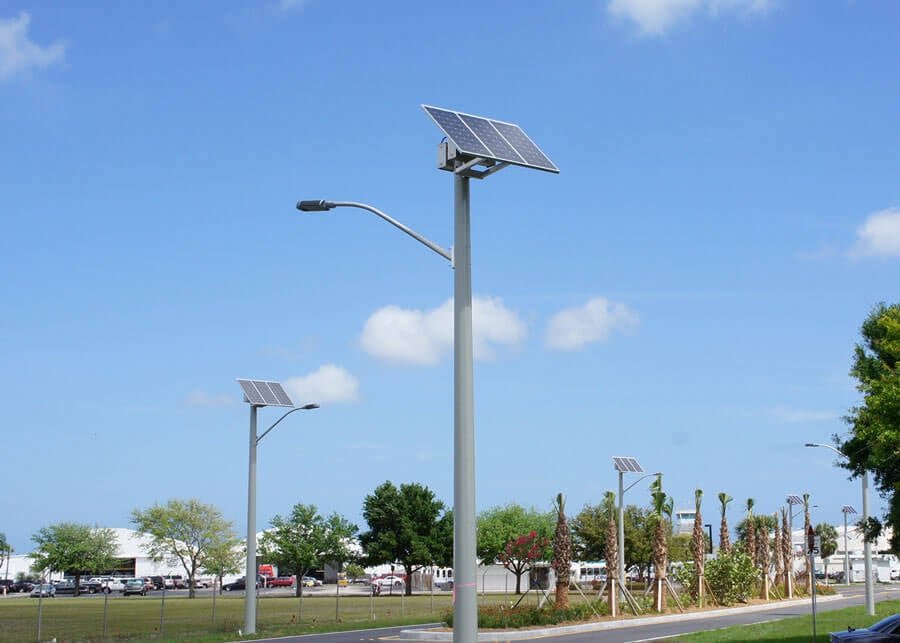
Why Battery Type Matters
The battery stores energy collected by the solar panel, powering your light at night. A good battery provides:
- Longer Illumination Time: Ensures lights stay on through the night.
- Faster Charging: Fully charges even in limited sunlight.
- Extended Lifespan: Reduces the need for frequent replacements.
Battery Options Comparison
| Battery Type | Pros | Cons |
|---|---|---|
| Lithium-ion (Li-ion) | High capacity, lightweight, long lifespan | Higher initial cost |
| Lithium Iron Phosphate (LiFePo4) | Safer, more stable, lasts longer | Bulkier |
| Lead-Acid | Low cost, high power output | Short lifespan, heavy, less eco-friendly |
For most applications, Li-ion batteries offer the best balance of performance and cost.
Maintenance Tips for Long Battery Life
- Clean the solar panel regularly to optimize energy absorption.
- Avoid placing lights in shaded areas for consistent charging.
- Replace the battery every 3-5 years, depending on usage.
How do I maximize the lifespan of solar lights?
Durability is a major concern for buyers. Understanding how to care for solar lights can make them last significantly longer.
To maximize solar light lifespan, ensure proper installation, regular cleaning, and choose high-quality materials like stainless steel or aluminum.
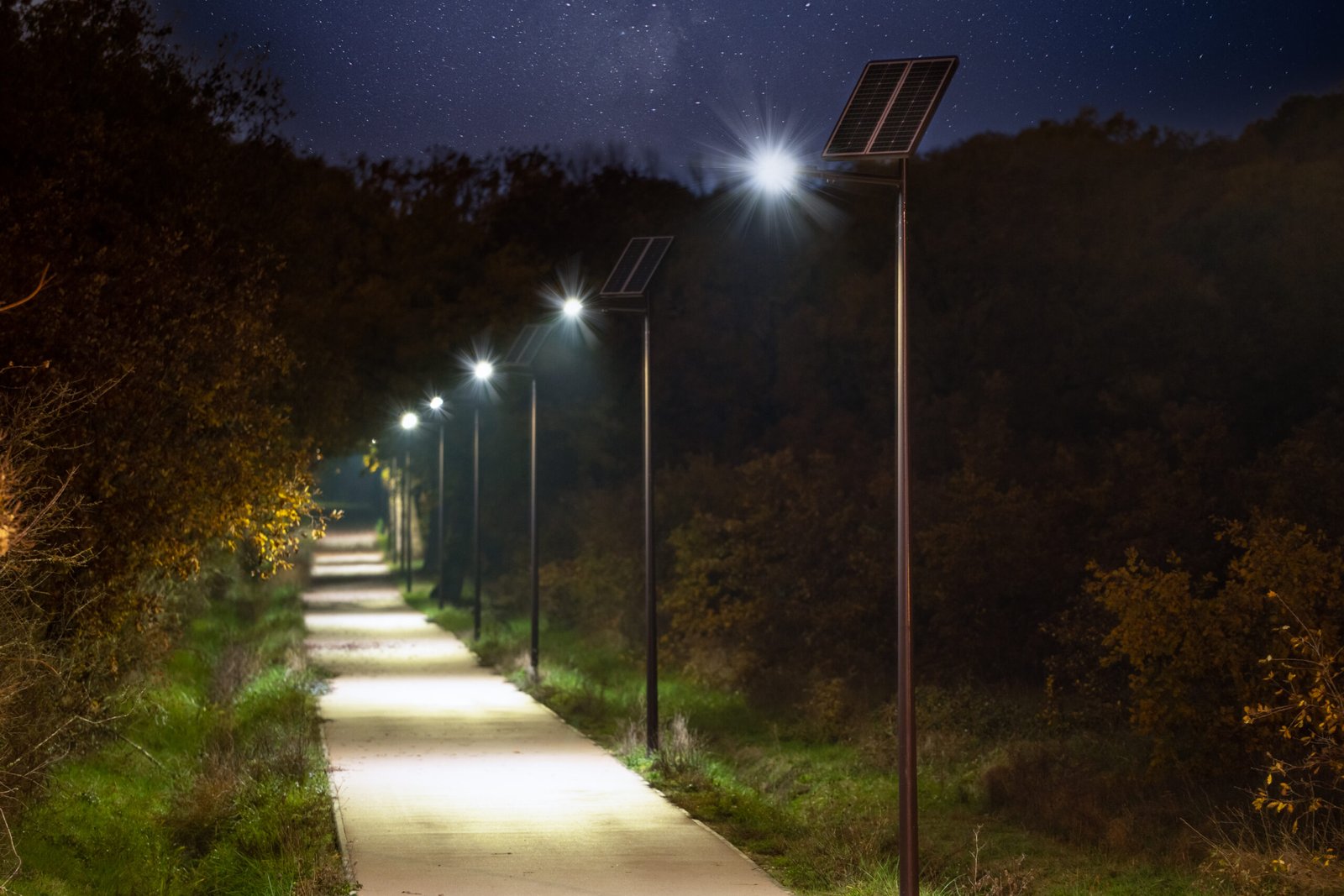
Factors Influencing Lifespan
-
Material Quality:
Premium materials like aluminum or stainless steel resist corrosion and weathering better than plastic. -
Battery Maintenance:
Rechargeable batteries naturally degrade over time. Replacing them at regular intervals can extend overall lifespan. -
Environmental Placement:
Exposure to extreme weather can damage lights. Place them in optimal locations with sufficient sunlight and minimal exposure to heavy rain or snow.
Lifespan Expectations and Enhancements
| Component | Average Lifespan | How to Extend It |
|---|---|---|
| Solar Panels | 15-20 years | Clean regularly to prevent dirt buildup |
| LED Bulbs | 5-10 years | Avoid physical damage |
| Batteries | 3-5 years | Replace when performance drops |
Regular maintenance ensures your investment lasts longer, providing reliable lighting for years.
Why are my solar lights dim or not working?
It’s frustrating when solar lights don’t perform as expected. However, common issues are often easy to fix.
Dim or non-working solar lights are usually caused by dirty panels, depleted batteries, or incorrect placement. Regular maintenance resolves most issues.
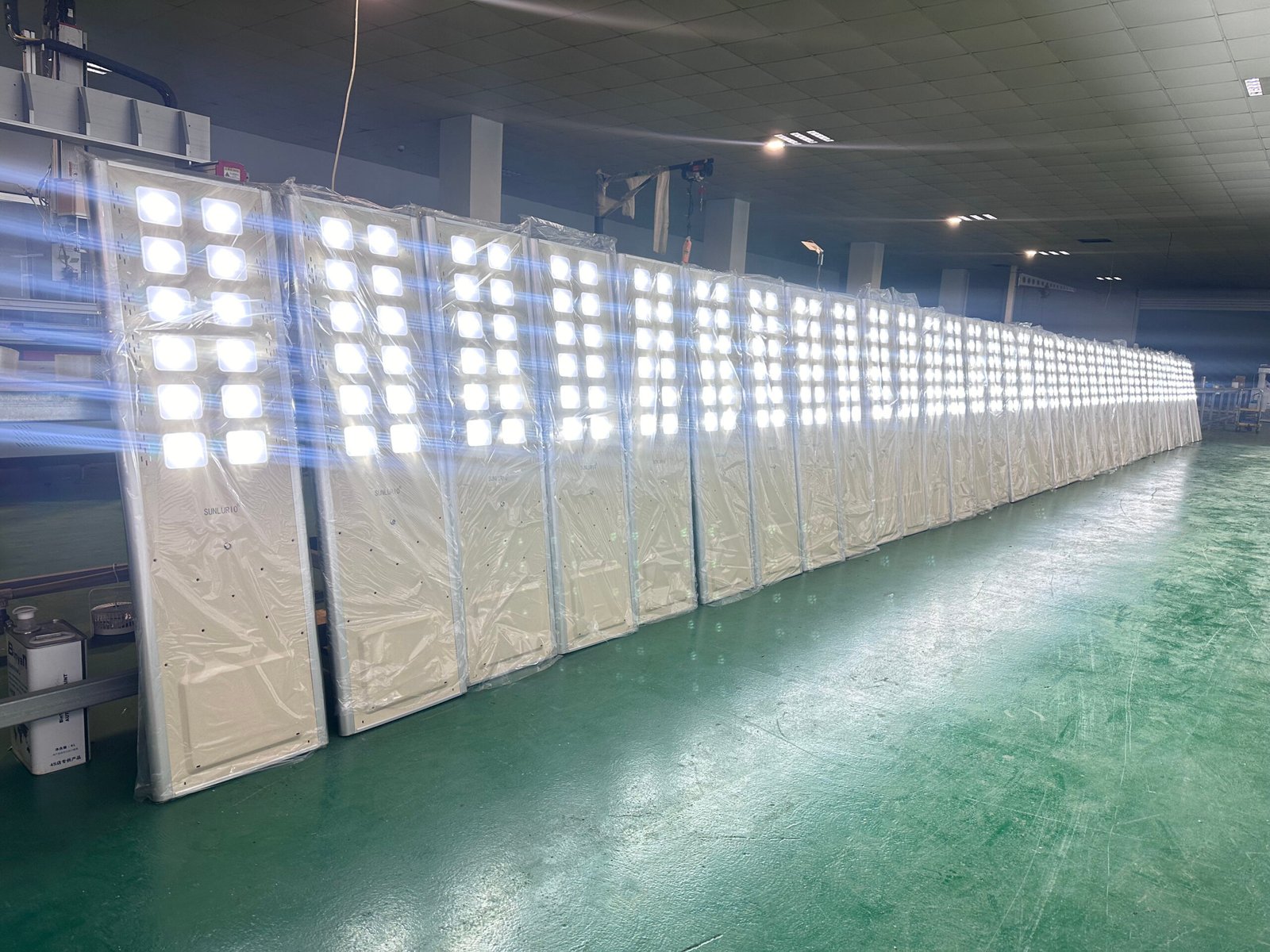
Common Problems and Solutions
-
Dirty Solar Panels:
Dust and debris block sunlight. Clean the panels with a damp cloth every few weeks. -
Battery Issues:
Batteries lose efficiency over time. Replace them with compatible models for better performance. -
Poor Placement:
Lights placed in shaded areas or indoors may not receive enough sunlight. Relocate them to maximize sun exposure.
Troubleshooting Guide
| Issue | Possible Cause | Solution |
|---|---|---|
| Lights don’t turn on | Dead battery | Replace or recharge the battery |
| Dim lighting | Low sunlight exposure | Clean panels, reposition the light |
| Short illumination time | Faulty or old battery | Replace with a high-capacity battery |
Taking proactive steps can keep your solar lights working like new and save you money on replacements.
Conclusion
Solar lights are an eco-friendly and versatile solution, but choosing the right one requires careful consideration of quality, battery type, and proper care. By addressing common pain points like dim lighting or durability, you can enjoy long-lasting, reliable performance. Invest in high-quality solar lights today for a brighter and more sustainable future.

